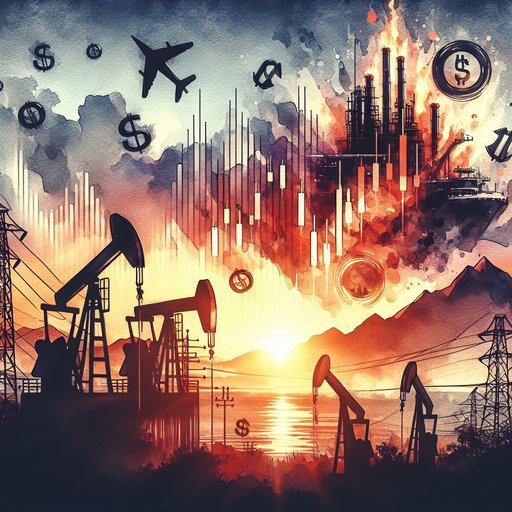
Gas prices have surged sharply amid escalating geopolitical tensions, particularly around the European Union's latest considerations to ban Russian gas. Slovakia recently halted the EU sanctions package over fears of energy shortages, highlighting the significant reliance on Russian exports. This geopolitical standoff has left gas markets in a volatile state, with prices seeing marked increases, causing ripples across global economies and concerns among energy-dependent industries.
The rise in gas prices is closely tied to the ongoing debate within the European Union regarding Russian gas imports. Slovakia's decision to block the EU's sanctions package underscores the contentious nature of Europe's energy dependency on Russia. The uncertainty surrounding these negotiations has contributed to fears of potential shortages, driving gas prices upwards as traders react to the possibility of disrupted supplies. This decision emphasizes Europe's delicate balancing act between political pressures and energy requirements.[1]
Adding to the market's instability is the continuous decline in U.S.
oil and gas rig counts. According to Baker Hughes, the rig count has decreased for the eleventh consecutive week, reaching its lowest since 2021. The reduced rig activity signifies a contraction in domestic oil and gas production, partly due to market apprehensions. These declines reduce global supply, exacerbating price pressures as future production potential diminishes.[2]
Market observers note that these geopolitical and production challenges are met with heightened vigilance from global leaders.
European countries are weighing their options to mitigate the possible impacts of limited gas supplies, considering alternative energy imports and increased use of renewable resources. Policymakers face the daunting task of ensuring energy stability while navigating the complex web of international relations, which affects both regional and global markets. As gas prices climb, industries reliant on stable energy costs are expressing grave concerns. Increased operating expenses threaten manufacturing and transportation sectors, potentially leading to higher consumer prices.
This rise in costs could trigger inflationary pressures across various economies, complicating central banks' efforts to manage inflation post-pandemic. The situation underscores the interconnected nature of global energy politics and economic health, as stakeholders anticipate potential resolutions to ongoing geopolitical challenges.
Sources
- Slovakia’s Fico eyes deal Tuesday on EU’s Russian gas ban and sanctions package (POLITICO.eu, 2025-07-12)
- US oil/gas rig count down for 11th week to lowest since 2021, Baker Hughes says (Yahoo Entertainment, 2025-07-11)
























